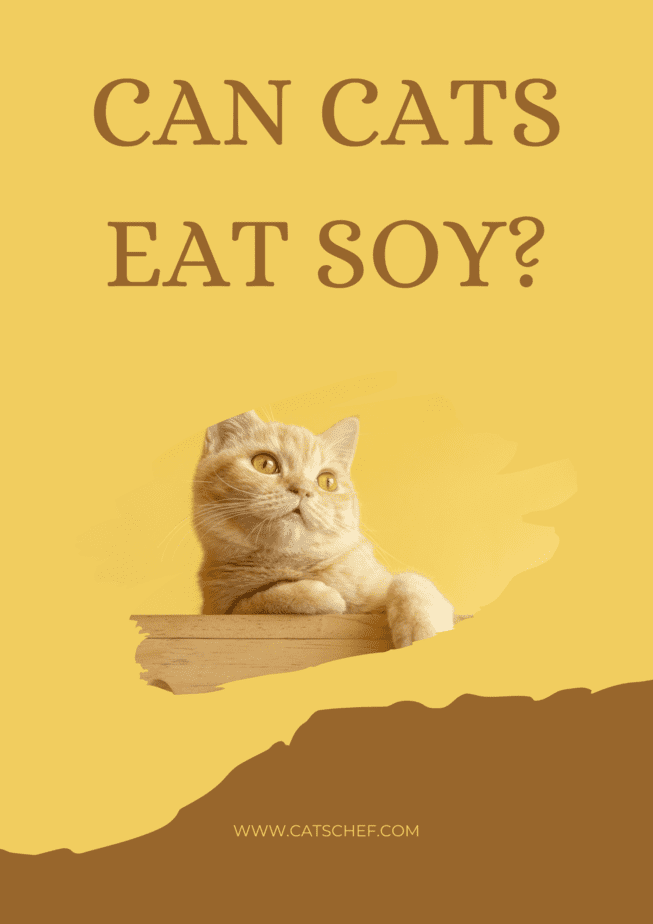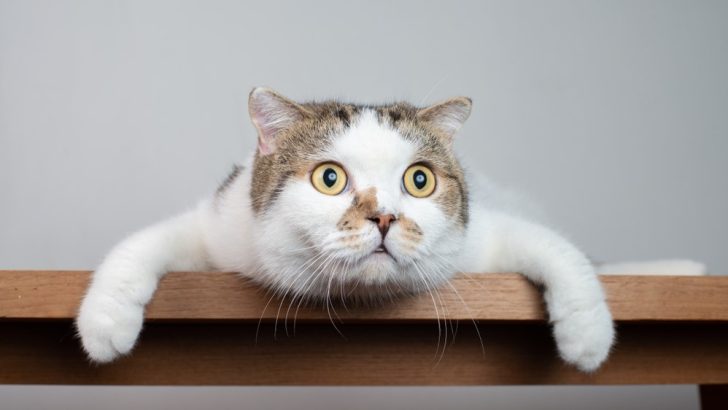The daring spirits of cats never cease to astonish us. We can see evidence of their curiosity all around us. They might seem to be curious about legumes, but you’re not sure if they can munch on them. So, can cats eat soy?
These little beans are members of the legume family and offer a plethora of health advantages. Because of their abilities, they have been included in cuisines all around the world.
We’re aware that cats are created differently than people and that feeding them human foods has certain hazards. Perhaps you’ve heard that the feline population enjoys soy as a delicacy.
It seems to be quite popular with cats since it makes them think of their preferred wet food. Fortunately for them, cats can eat soy without any problems.
Soy is recognized as a nutritious powerhouse for people. In addition, it’s inexpensive and available frozen or fresh in practically every supermarket. It may be cooked in a variety of ways and add flavor to our regular meals.
Salads, casseroles, and just much anything else you can think of, all contain soy. And the bonus is that it’s completely safe for your pet to consume, whether steamed or cooked. That is, only if you serve it plain, without any additional flavors or spices.
Homemade soy could be a better option if you wish to have breakfast with your kitty companion. You have control over the products you use, and you may utilize fresh foods that are especially good for your cat’s health.
Your furry monster, on the other hand, might find this extraordinary store-bought leguminous item to be intriguing. Once she gets hooked on it, it may become a real struggle for you.
We know for a fact that this legume is highly beneficial to humans. But how can it be favorable to our furry pets?
Can cats eat soy?
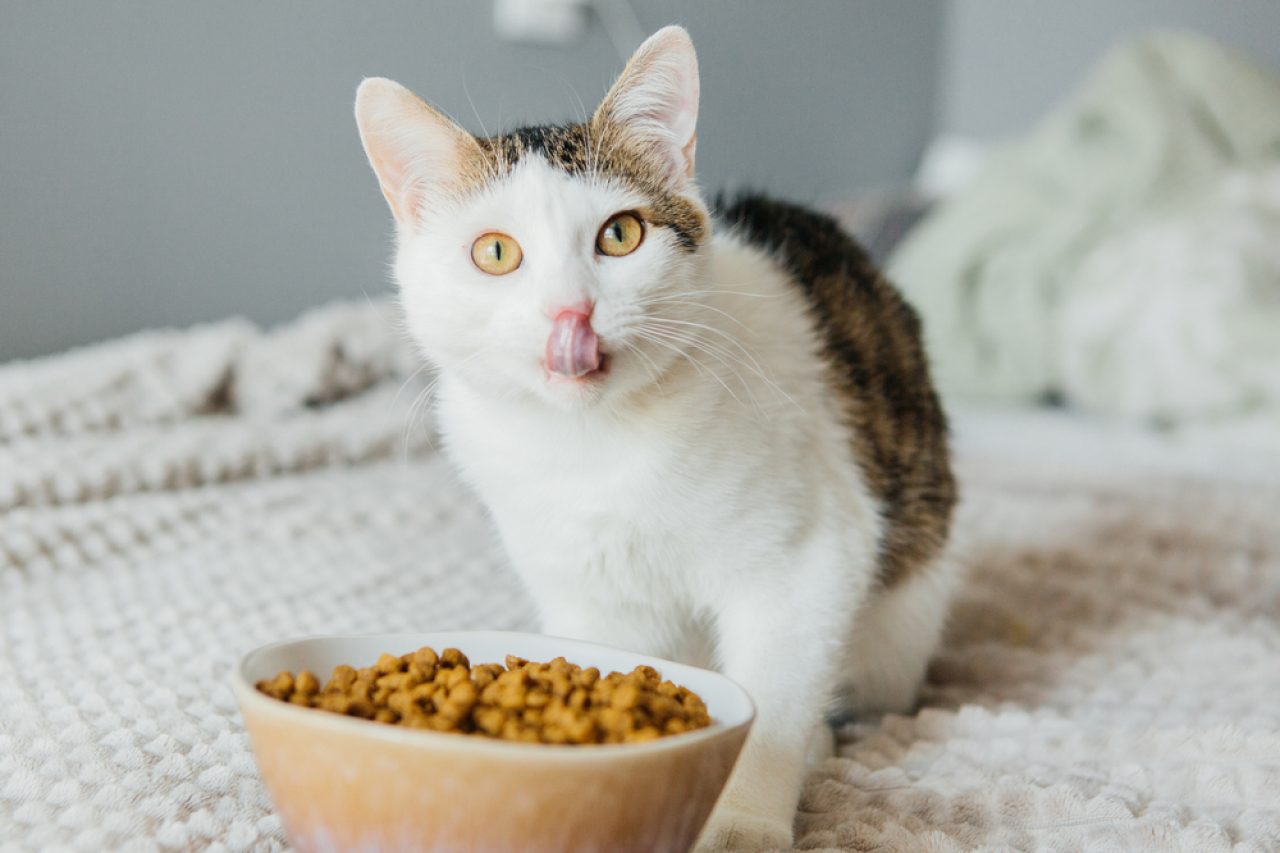
Not only can cats eat soy, but they really should. Soy has all the amazing nutritional benefits you could ever think of. It’s one of those foods that give you everything!
If your pet’s been showing particular interest in your soy lately, don’t hold back. This tasty snack could do her a great deal of good. However, you must think of some circumstances first.
Does your cat even like legumes? I know you’re dying to find out, but I also know why you’re skeptical about this. Felines have a taste preference of their own and won’t get their paws dirty for just anything.
It’s sometimes frustrating because your furball will go on and eat some bugs, such as cockroaches. On the other hand, she’ll act all spoiled and refuse to even try the new wet food you’ve just bought for her.
I know, they can sometimes act all hard to please. But that’s never a problem for cat parents because we constantly seem to be fighting to win over their hearts.
It’s no biggie since we love our feline companions dearly and just want to make sure they’re getting the best care possible. This includes their diet as a major part of their healthy life.
A cat’s diet can change a lot of things. If she’s been sick or not, how she’s been behaving lately – it all largely depends on what she eats. Therefore, if your pet’s been provided with all the essential stuff, she’ll do just fine.
But just what exactly does it mean in the context of soy? Can cats really eat soy and does it provide your furkid with crucial nutrients? Well, I guess we’ll never know if we don’t find out ourselves.
Maybe your cat isn’t a weirdo for trying out soy after all. Perhaps there’s something beneficial to it that her cute little nose led her to.
Benefits of soy
Beans provide a number of health advantages for both people and cats. However, keep in mind that none of these should serve as your pet’s primary food nor as a substitute for the daily meat she requires.
With that in mind, she can still occasionally have soy. Cats might like it as a snack, especially if you wish to add some greens to their diet. And similar to soy, beans occasionally make a fantastic treat for your pet.
Because of the numerous health advantages it provides, soy is often referred to as a superfood. It’s a favorite star ingredient in vegetarian dishes and holds decent nutritional value. Where do cats fit into all of this, though?
1. Loads of protein!
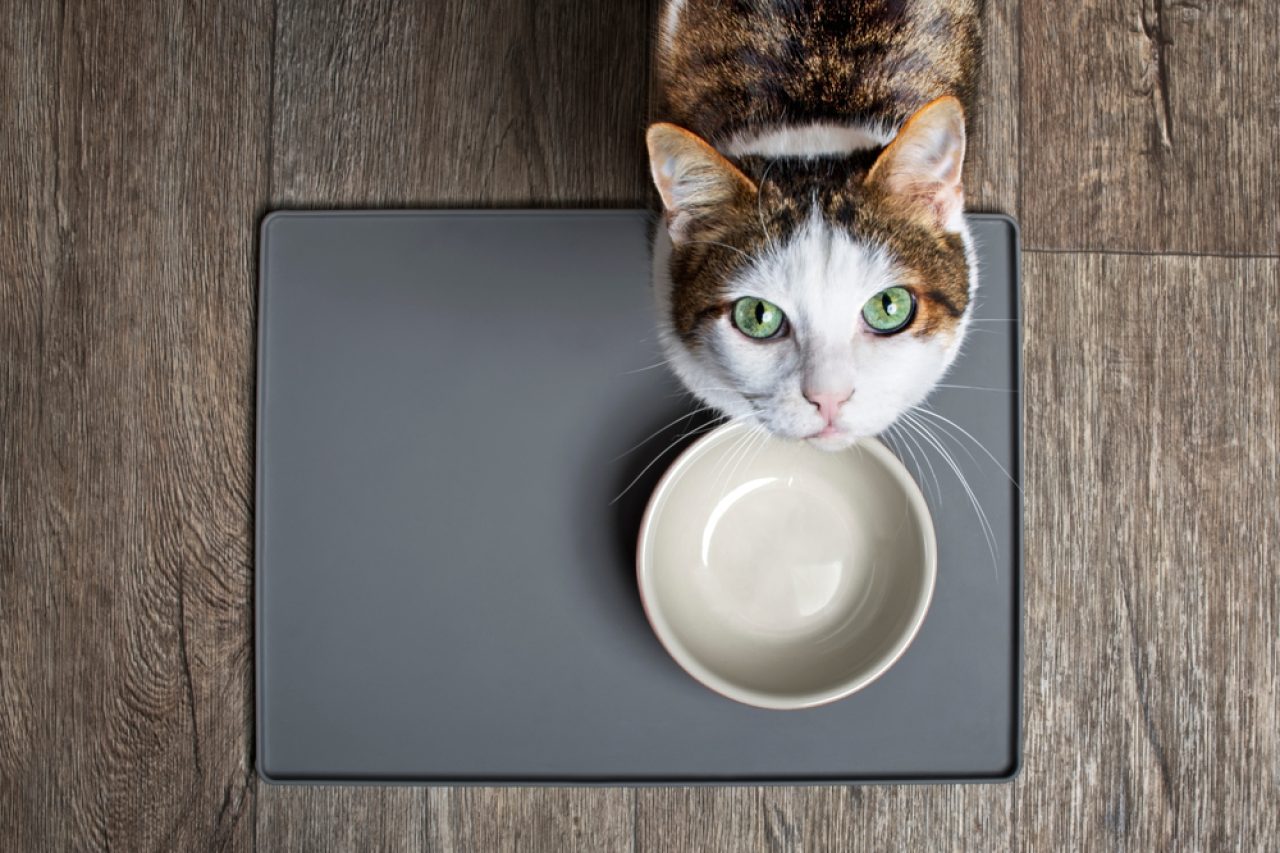
Like other legumes, these delicious beans are prized for their high protein content. And as we know, one of the most important nutrients for your little carnivore is protein.
She gets the much-needed energy she needs from protein, which also keeps her fit and healthy. Fortunately, soy is high in protein – for both you and your pet.
This macronutrient aids in controlling a feline’s neurological system and muscular contractions. Protein is essential for several biological processes, so make sure your pet is receiving enough of it.
Naturally, the finest protein source for your cat is animal-derived. Although certain plant-based proteins may benefit your cat’s health, animal proteins are still the best option.
It’s just that your pet’s digestive system isn’t designed to break down all of the plant stuff, so she may have a hard time absorbing all the nutrients from plant-based proteins.
Moreover, animal protein provides fatty acids, amino acids, and vitamins that are absent from forms of protein derived from plants. That said, soy is still a fantastic protein-rich snack that you may provide your pet.
2. Fiber
This legume also provides additional benefits besides protein. It includes a lot of nutritional fiber, which is beneficial for your pet’s digestive system.
However, fiber-rich meals have both benefits and drawbacks. Even while it might aid in loosening stools, too much can have a negative impact on your cat, so you don’t want her to overindulge.
Strangely enough, if big servings are consumed, it may result in constipation. Therefore, make sure your pet is getting the recommended quantity of dietary fiber because it will only improve her digestive health.
The stimulation of the digestive system may aid in your cat’s weight loss if she is overweight. Due to the healthy fiber soy offers, she can fill her stomach with a tiny amount once a week.
Soy is also considered a low-calorie snack. Moreover, fiber helps keep cholesterol levels under control. One of the leading causes of heart disease is due to high cholesterol levels additionally, it raises the chance of heart attacks.
Therefore, giving your pet a cup of soy every day may be useful. If unsure, ask your veterinarian for guidance on the best way to add fiber to her diet.
3. All the vitamins and mineral
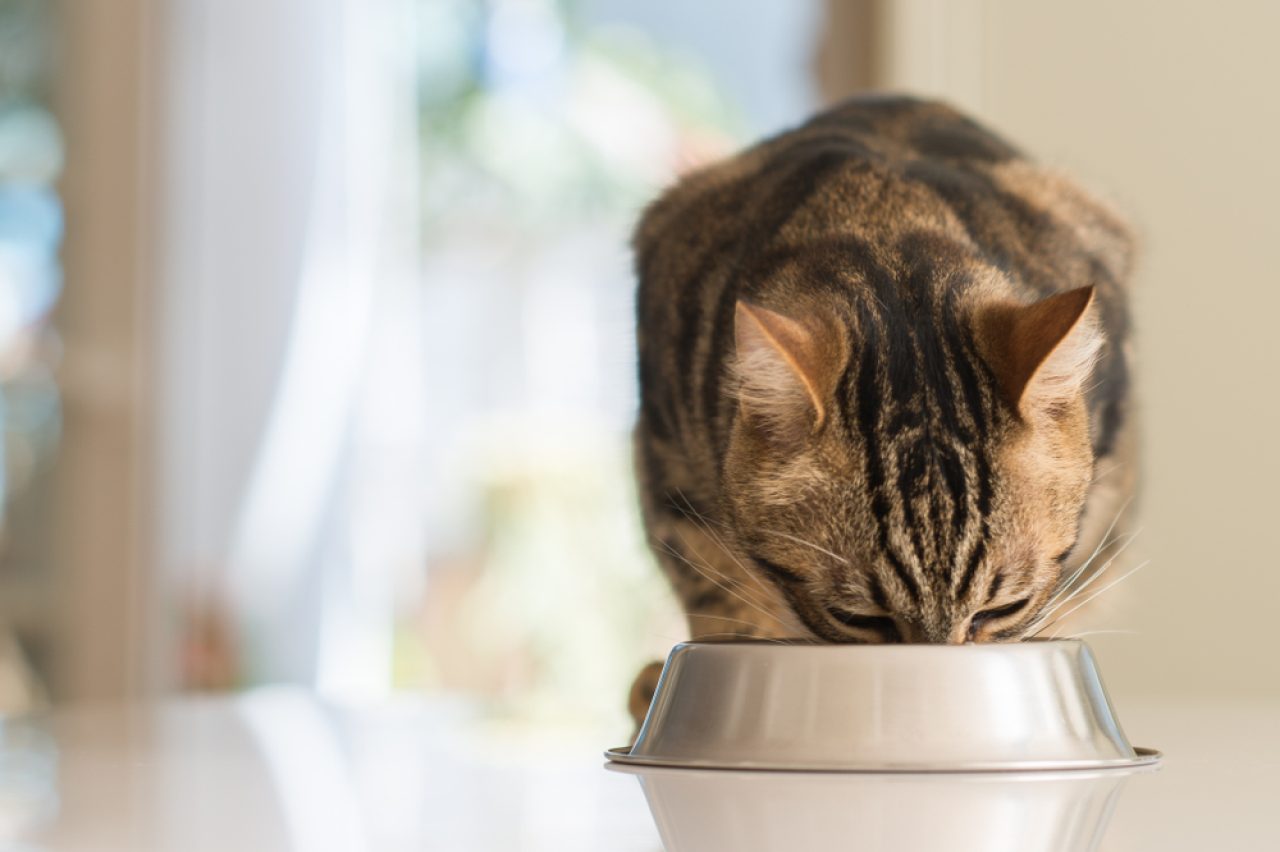
In addition to protein and dietary fiber, soy is a fantastic source of other nutrients that are not only good for your cat but also necessary.
These vitamins and minerals are essential for optimal functioning, so if she doesn’t get enough of one or more of them, her health may suffer.
For example, the vitamin A present in these dark-colored foods is crucial for your pet’s vision. Since they are nocturnal creatures, the dark should be their friend rather than their enemy.
Additionally, it’s rich in calcium and vitamin K. These nutrients are regularly needed by cats to sustain their health and vigor. They’re especially important in keeping her teeth and bones strong and healthy.
Iron health supplements are essential if you have an active furry friend who spends her days jumping and climbing trees. Iron is necessary for the correct functioning of red blood cells, which carry oxygen from the lungs to all other cells in a feline’s body.
4. Can cats eat soy because of fat?
Soy, as a product of soybeans, has a creamy texture and little fat. It doesn’t contain cholesterol because it’s plant food. Additionally, since it isn’t processed, it doesn’t include trans fats.
These beans include mostly polyunsaturated fats, which are excellent for your pet’s health. The risk of cardiovascular disease is decreased when soy is frequently chosen over saturated fats.
Saturated fats, which are mostly present in creamy foods, can raise cholesterol levels in both people and cats.
How could this go wrong?
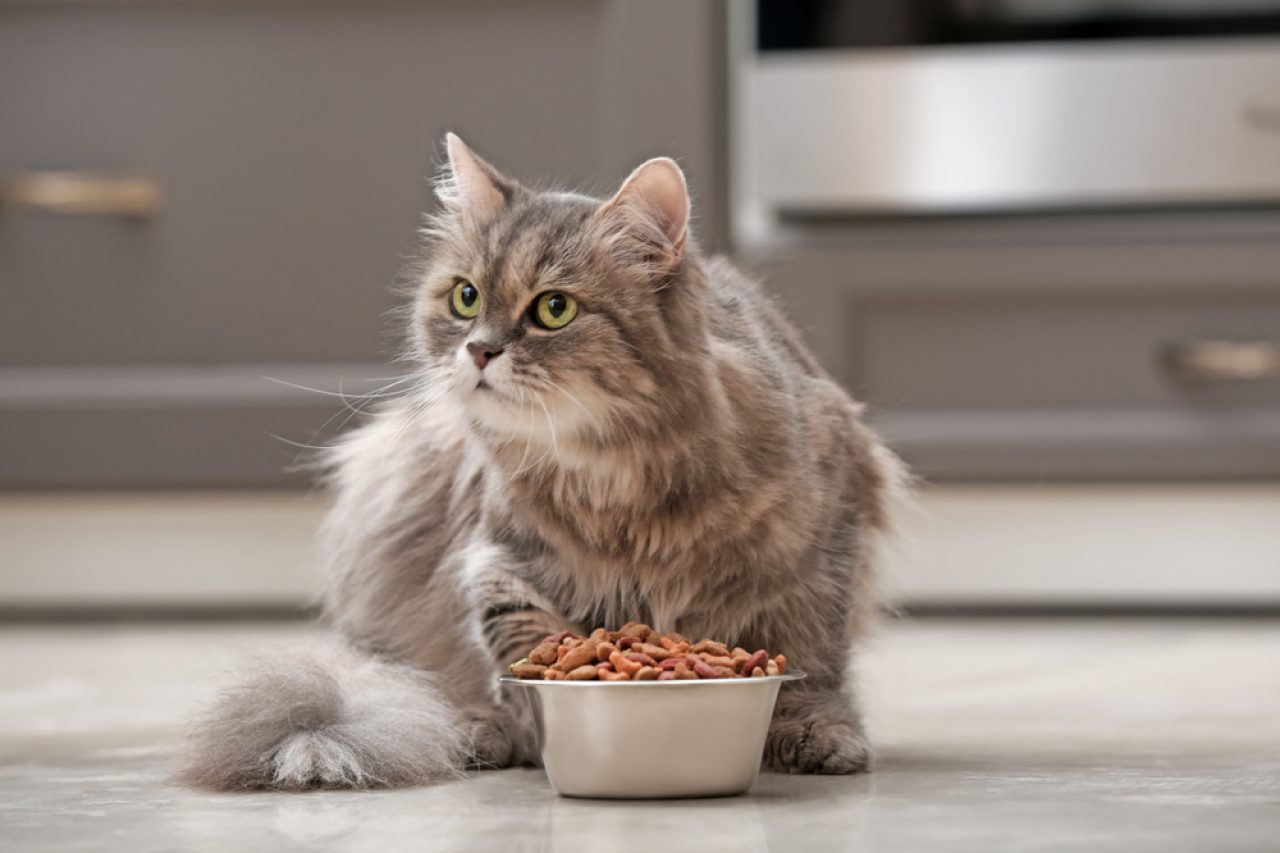
There are some drawbacks to eating soy for cats, despite all the health advantages. We’ve previously stated that cats and plant matter aren’t exactly a match made in heaven.
However, there are some additional issues with these small foods. You may believe that these little vegetables can’t possibly hurt your pet, but you’d be incorrect.
A choking hazard
Unluckily, this legume can cause choking in cats. If your pet likes to gulp down her food, you should pay close attention to her as she is chowing down on them.
They seem to have little chance of getting lodged in your cat’s throat because they are tiny and spherical. However, cats are actually tiny and sensitive animals, thus this could genuinely be the case.
Soybeans are difficult to swallow in large quantities, which can be disastrous. In addition, it may become caught in her teeth, which would cause your pet to start pawing at her mouth and racing around the house.
Can cats eat raw soybeans?
Cats can consume raw soybeans, although they might not enjoy them. Our animal pals frequently find the texture of boiling beans to be more alluring.
It’s more difficult to chew and digest raw ones. These could upset your cat’s digestive system! Additionally, if your pet is chowing down on her food, this might pose a choking hazard.
Raw, plant-based meals may irritate your feline’s stomach and make her throw up and have diarrhea. Your pet might not be drawn to this little, round treat. That’s alright because beans aren’t a need for your cat’s diet.
What about canned soybeans?
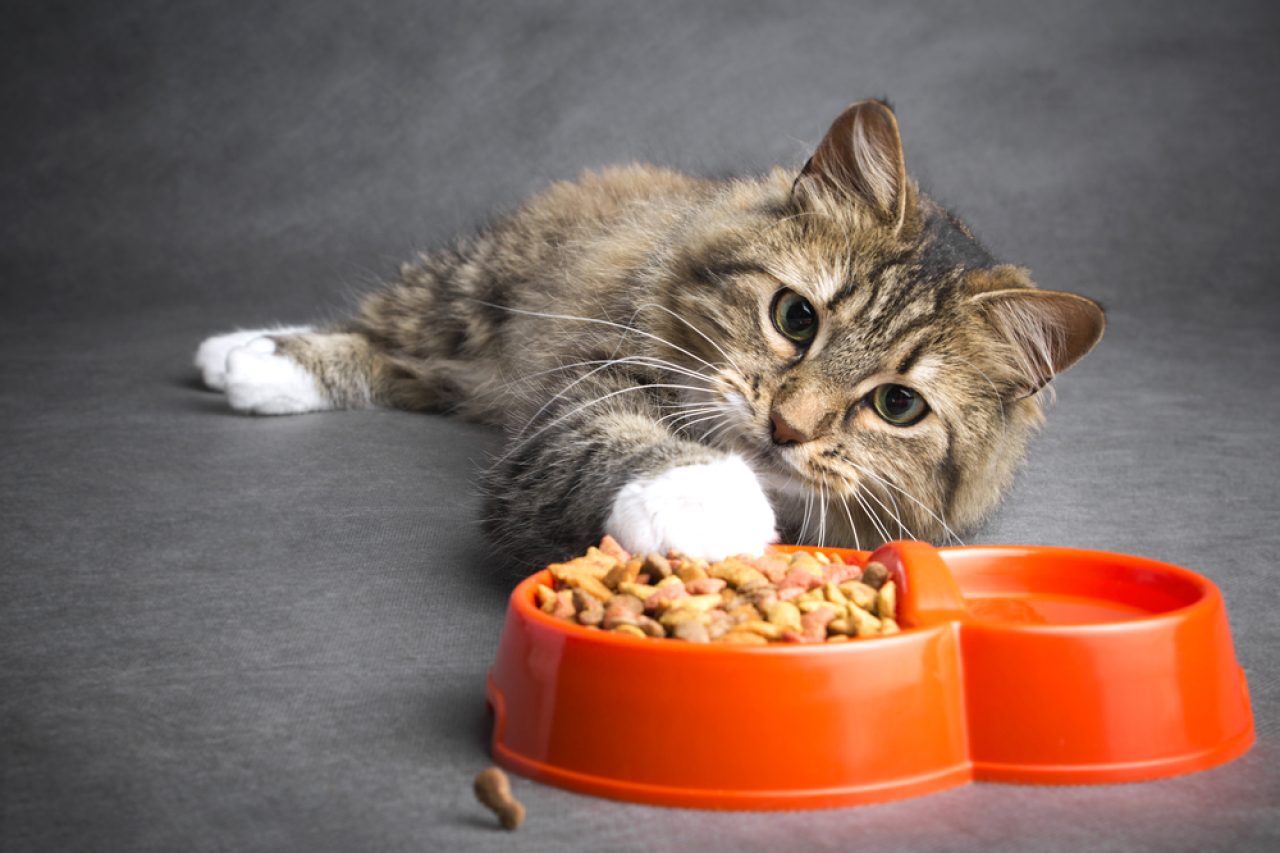
This is a grave offense. You don’t need to panic if your cat accidentally stole some of them off your plate, but you should keep an eye out for any unusual behavior.
This is due to the fact that canned beans are frequently heavy in salt, which might potentially hurt her. Make sure salt is out of your cat’s reach since excessive quantities might harm her.
Unfortunately, salt is abundant in canned and baked soybeans because it serves as a preservative and keeps them fresh in the can. It’s not advised to give them to your furry child unless you cleaned them first.
Some varieties may also include other spices, such as garlic and onions, in addition to salt. They are particularly hazardous to cats; as a result, their health might rapidly decline.
The cause of this is the Allium plant family (onions, garlic, leeks, chives, etc.), which damages your pet’s red blood cells and causes illnesses like anemia.
It’s bean a pleasure!
I hope I’ve made it clear enough for you to decide whether cats can eat soy. Felines can sometimes judge things a bit too harshly and pass out on the good stuff.
So, can cats consume soy? Yes is the ultimate response! They provide a range of nutritional supplements, including those with protein, fiber, vitamins, and minerals.
They are also a fantastic source of antioxidants, which aid in the prevention of many illnesses and inflammatory issues. Although they are not a cat’s preferred meal, this plant matter should nonetheless be eaten in moderation.
Despite the fact that they do contain some protein, they cannot completely substitute the animal-derived version of this vitamin. Additionally, due to their high fiber content, too many beans might induce constipation in cats.
